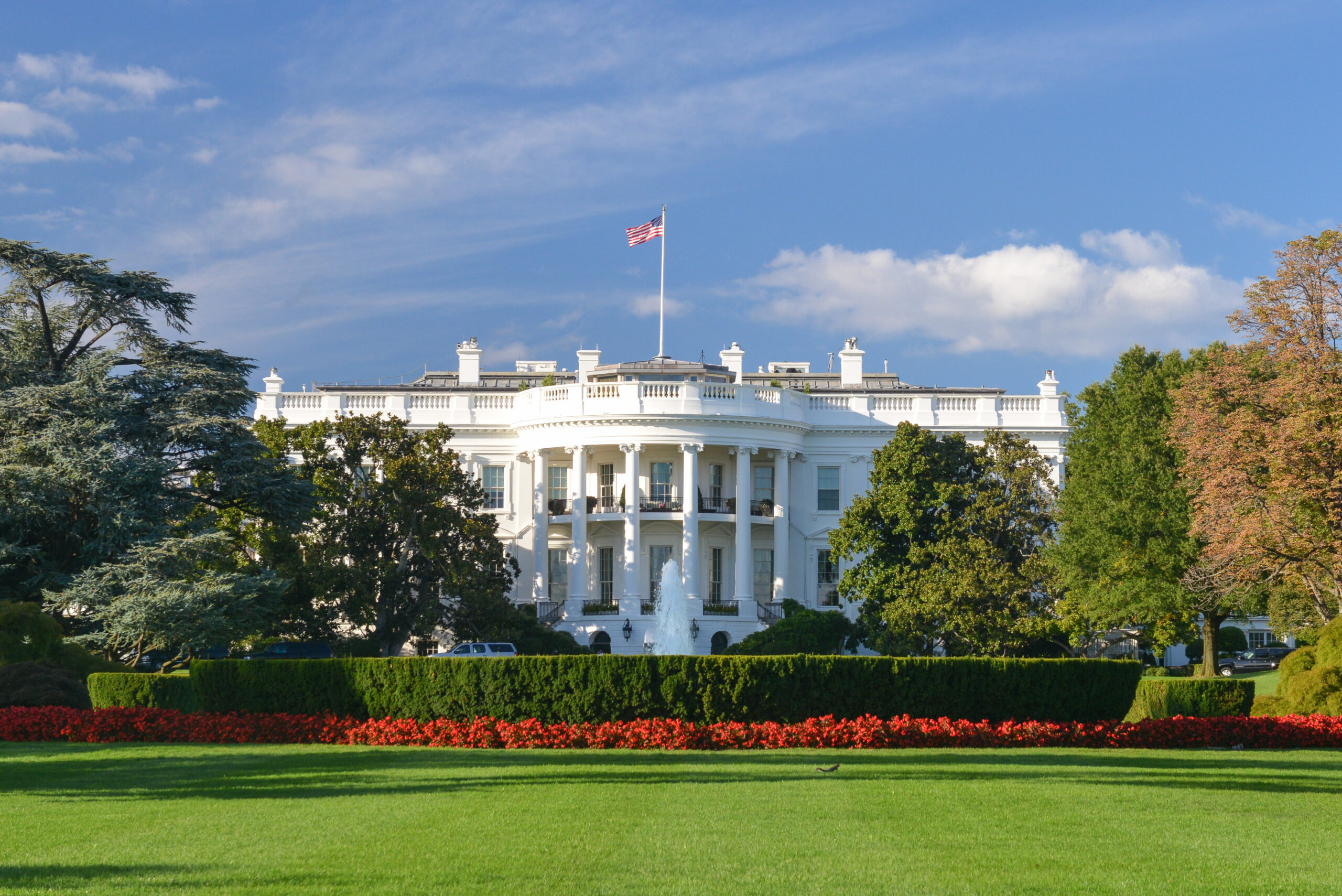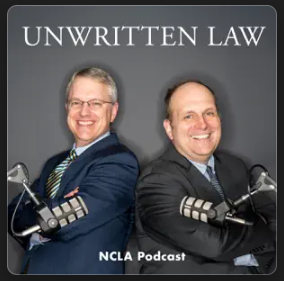Trump Administration Begins Deregulatory Review with EO on Lawful Governance
By
| February 20, 2025
On February 19, President Trump issued an executive order titled Ensuring Lawful Governance and Implementing the President’s “Department of Government Efficiency” Deregulatory Initiative. In the EO, Trump directed agencies to review all regulations to identify those that may need to be revised or repealed to comply with the Constitution, existing law, court precedent, and the Administration’s priorities.
Three important Supreme Court doctrines are among the reasons the President directed agencies to identify existing rules for deregulation. The EO directs agencies to search for “regulations that are based on unlawful delegations of legislative power;” “regulations that are based on anything other than the best reading of the underlying statutory authority or prohibition;” and “regulations that implicate matters of social, political, or economic significance that are not authorized by clear statutory authority[.]” These criteria mirror the nondelegation doctrine, Loper Bright’s end of deference to agency interpretations of law, and the Major Questions Doctrine, respectively.
The nondelegation doctrine seeks to ensure that Congress does not hand away its legislative power to private parties or the Executive Branch. The Supreme Court is currently considering a case, FCC v. Consumers’ Research, examining whether the Universal Service Fund violates that doctrine by allowing the agency and a private body to essentially determine the tax rates to fill the fund’s coffers. There are undoubtedly many statutes throughout the federal government that violate this doctrine, and it’s long past time that agencies go looking for them and call them out.
Loper Bright famously overturned the Chevron Doctrine, which had previously directed courts to defer to agency interpretations of ambiguous laws, even if that interpretation was not the best reading of the law. The administrative state was built on the back of these questionable legal interpretations, and Loper Bright opens the door for the public, agencies, and courts to restore the scope of agency authority to its proper statutory limits.
The Major Questions Doctrine recognizes that when Congress legislates on matters of social, political, or economic significance, it is likely to do so clearly. And not, as Justice Scalia wrote, hide the proverbial elephant in a mousehole. This doctrine has been used for decades to rein in overeager regulators as they hunt for passing phrases in old laws to accomplish their present-day regulatory objectives on matters such as greenhouse gas regulations, student loan “forgiveness,” and nationwide vaccine mandates. If Congress wants agencies to advance these policy preferences, it must tell them directly and clearly.
The EO directs that after agencies compile lists of regulations that transgress these, and other, principles from the EO, agencies should send the list to OMB’s Office of Information and Regulatory Affairs and exercise a measure of prosecutorial discretion while the White House and agencies process the deregulatory agenda according to applicable administrative statutes.
These steps mirror a plan I outlined in December titled DOGE Must be Methodical to be Effective. The only additional recommendation I had was to involve Congress by sending the agency-identified list to the respective committees of jurisdiction and give them an opportunity to codify the rules in statute, if Congress believes that is proper. I still think that would be a good idea, and the opportunity for congressional collaboration is still available. The House has set up a DOGE Subcommittee in the Committee on Oversight and there is a burgeoning DOGE Caucus. Engaging these Members of Congress will increase the political legitimacy and durability of these deregulatory efforts.
President Trump’s EO on Ensuring Lawful Governance is an important first step to ridding the regulatory state of unconstitutional, overbroad, and harmful regulations. The next steps will be crucial as well.
Mr. Valvo is chief policy counsel at Americans for Prosperity Foundation and one of the counsels representing the fishermen in Loper Bright.


